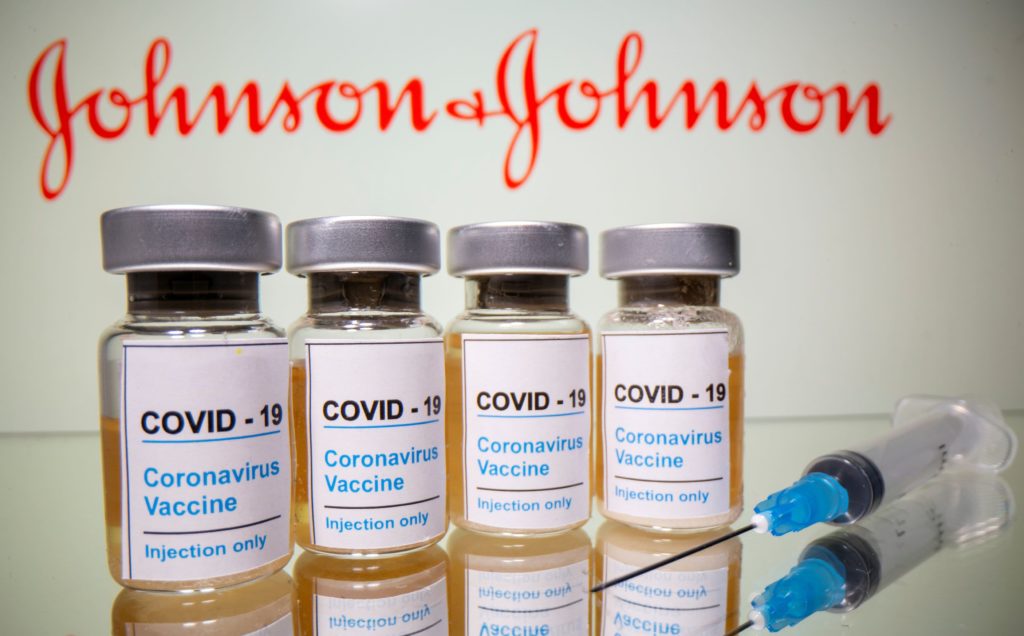The U.S. Food and Drug Administration (FDA) has issued an Emergency Use Authorization for Johnson & Johnson’s Janssen COVID-19 vaccine in individuals 18 years of age and older. Johnson & Johnson recently completed the third and final phase of its safety and efficacy trial. The company announced that the Phase 3 ENSEMBLE study demonstrated the vaccine was 85 percent effective in preventing severe disease across all regions studied, and showed protection against COVID-19 related hospitalization and death, beginning 28 days after vaccination.
This makes it the third COVID vaccine available, alongside Pfizer and Moderna. The U.S. government will manage the allocation and distribution of the vaccine in the U.S. Vaccinations are currently being allocated in phases. Be sure to check for updates about qualifications to receive the COVID vaccine.
What Does An Emergency Use Authorization Entail?
The terms of the EUA allow the use of the Janssen vaccine while more data is gathered. Johnson & Johnson plans to file for a Biologics License Application (BLA) with the FDA later this year. In the meantime, shipping has begun and Johnson & Johnson plans to deliver enough single-shot vaccines by the end of March to enable the full vaccination of more than 20 million people in the U.S. The company hopes to have the vaccine available in Europe soon.
How Does the Janssen Vaccine Differ From Its Competitors?
The Janssen vaccine uses a different strategy to stimulate the immune system. It is known as a viral vector vaccine. It works by taking an adenovirus and editing the genetic material so the virus cannot replicate itself. This allows cells to make a pathogen’s protein and trains our immune system to react to future infections.
The Janssen vaccine is a single-dose vaccine compared to the two-dose vaccines delivered by Pfizer and Moderna. It is currently 72 percent efficacious while the Pfizer and Moderna vaccines are 94-95 percent. However, the FDA has assured the public that this vaccine is safe and effective at fighting the coronavirus. Discuss your vaccination options with your primary care provider.
What Are the Risks of the Janssen Vaccine?
There are always risks of receiving any vaccine. In the case of the Janssen vaccine, there are a few side effects that have been reported. They include injection site reactions. You may experience pain, redness of the skin, and swelling. There are also general side effects like headaches, fatigue, muscle aches, and fever.
In rare cases, the vaccine may cause a severe allergic reaction including anaphylaxis. If you have questions about vaccine allergic reactions, be sure to contact the allergists at NY Allergy & Sinus Centers. Call (212) 686-6321 or schedule a consultation online to discuss allergy and immunology care. We have also provided information about COVID-19 allergic reactions here.
Meet the Physician Collaborator
Dr. Shah is a board-certified physician specializing in Adult & Pediatric allergy & immunology. She completed her undergraduate degree in Biology with a concentration in pre-medical from the University of North Carolina at Charlotte. While she was getting her undergraduate degree, she was commended to the Dean’s list and graduated with University Honors. She was also recognized in the Beta Beta Beta, a National Biological Honors Society. Dr. Shah completed medical School in Atlanta, GA where she was recognized as a member of Sigma Sigma Phi, an Honorary Fraternity. She then did her Internal Medicine Residency at Jefferson Health System of NJ. She received her degree in Allergy & Immunology from Nova Southeastern University in Miami, Florida. Dr. Shah has been involved in research since her undergraduate days and is very well published. She has authored and co-authored multiple journal articles. Dr. Shah is also a corresponding author of the Allergy & Immunology board-review book which is read by all physicians certifying and re-certifying for the Allergy & immunology boards.

